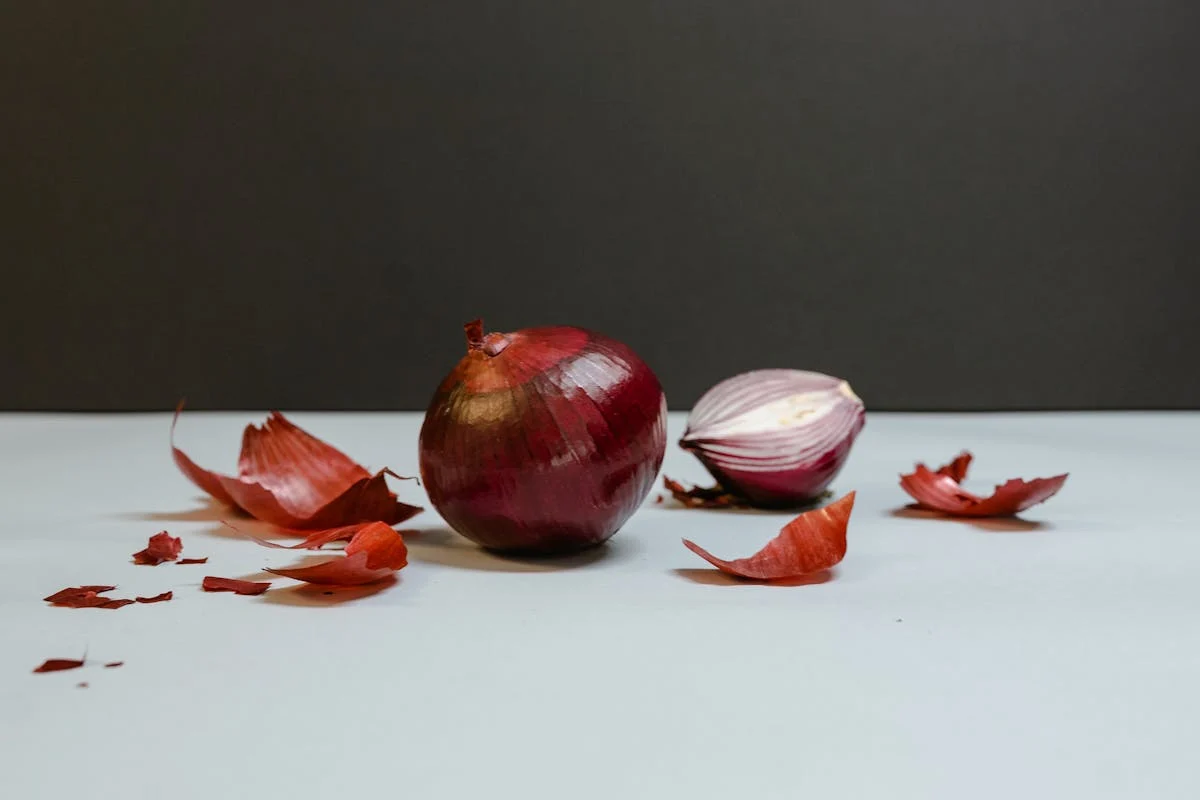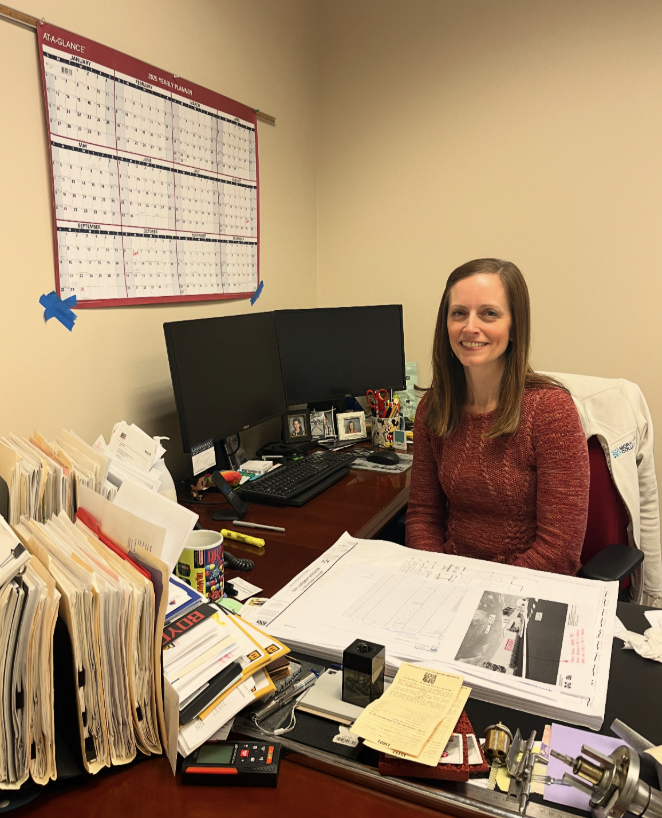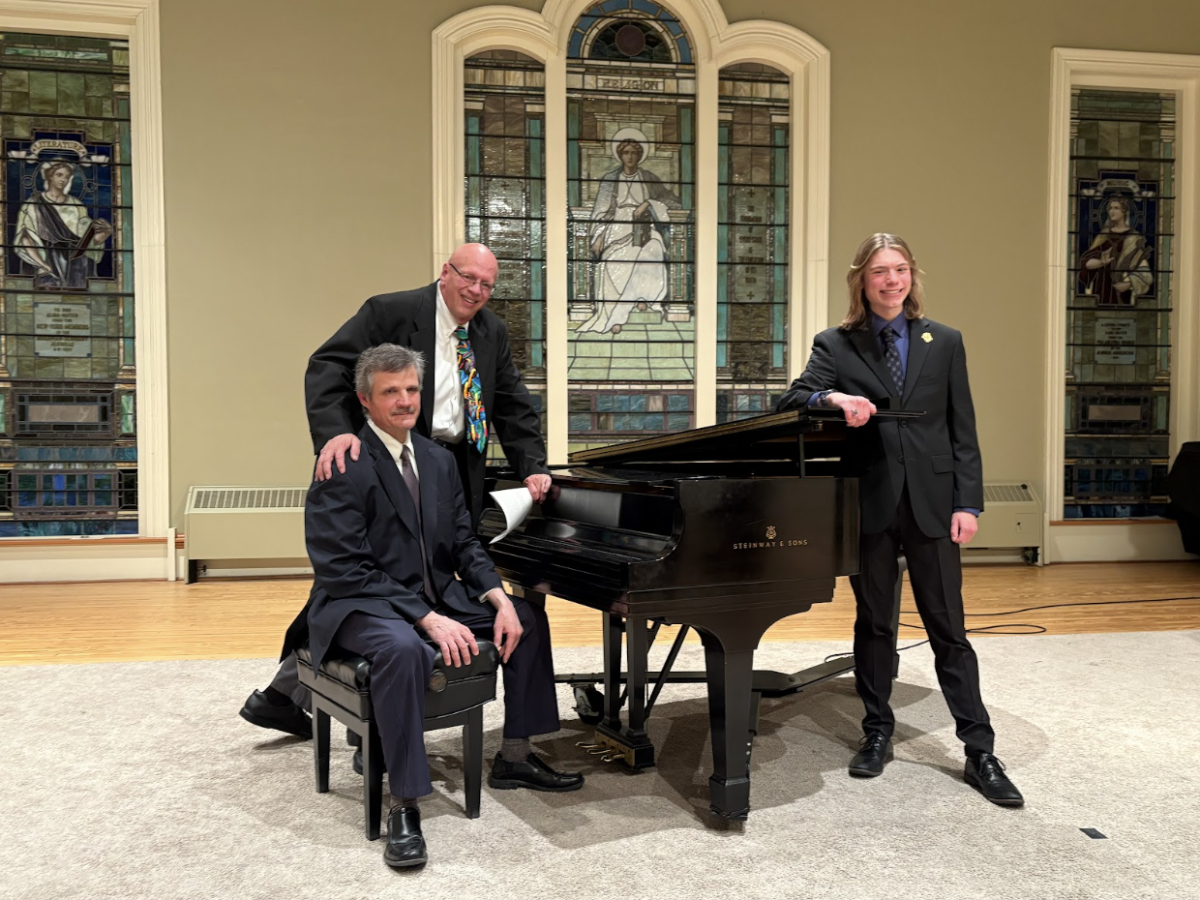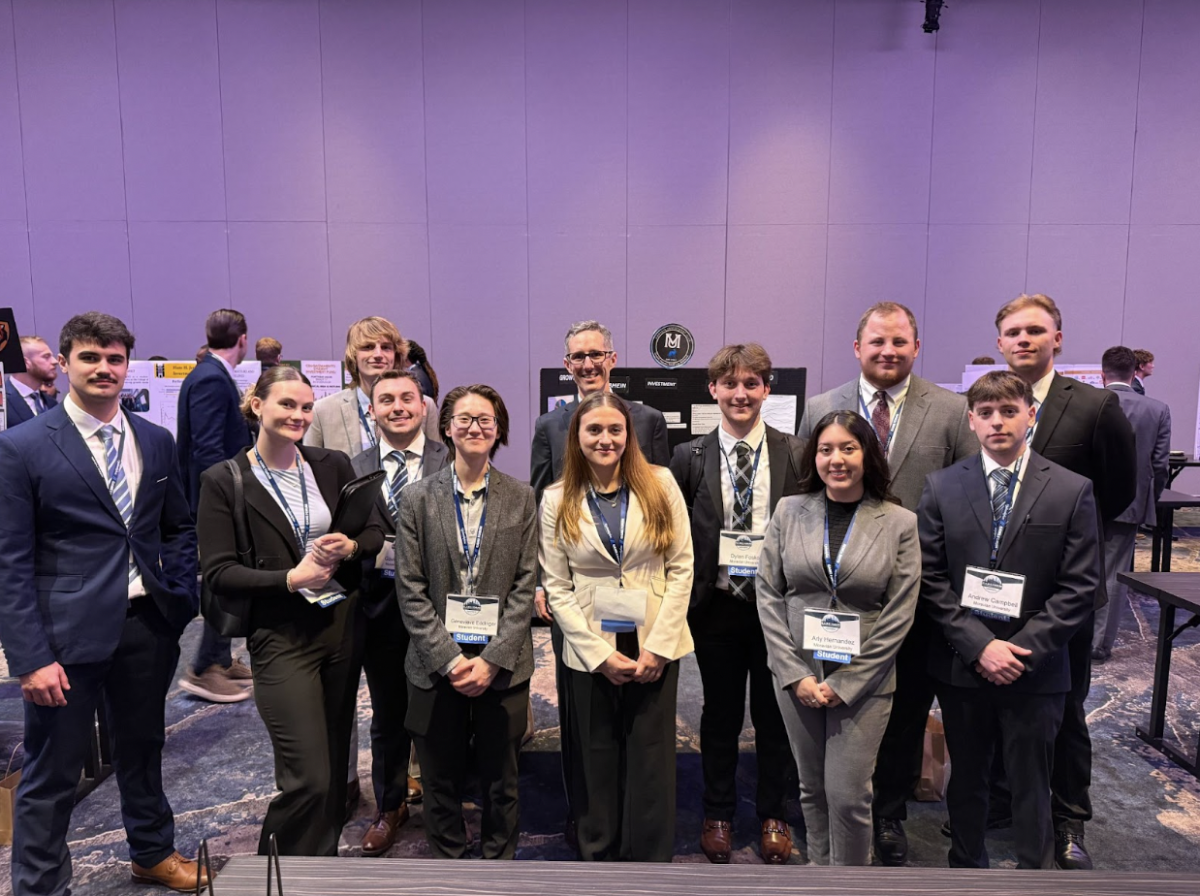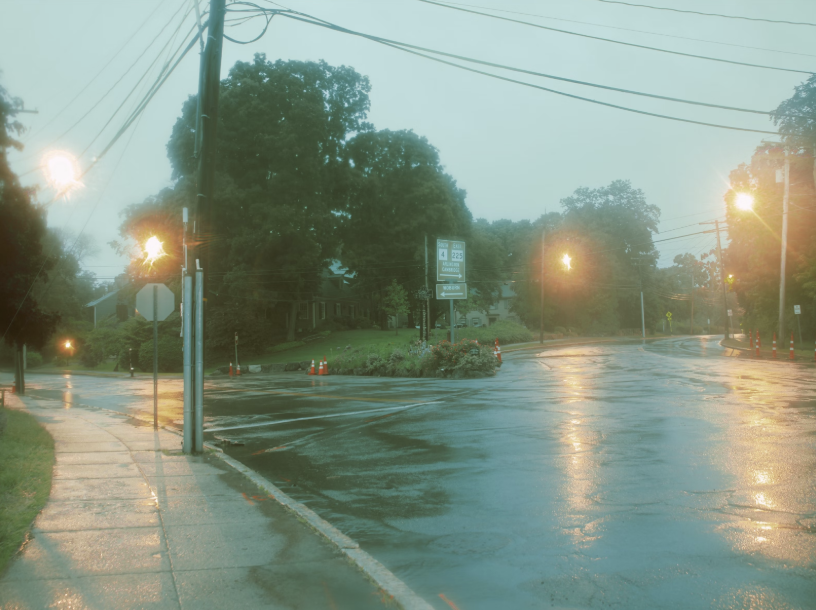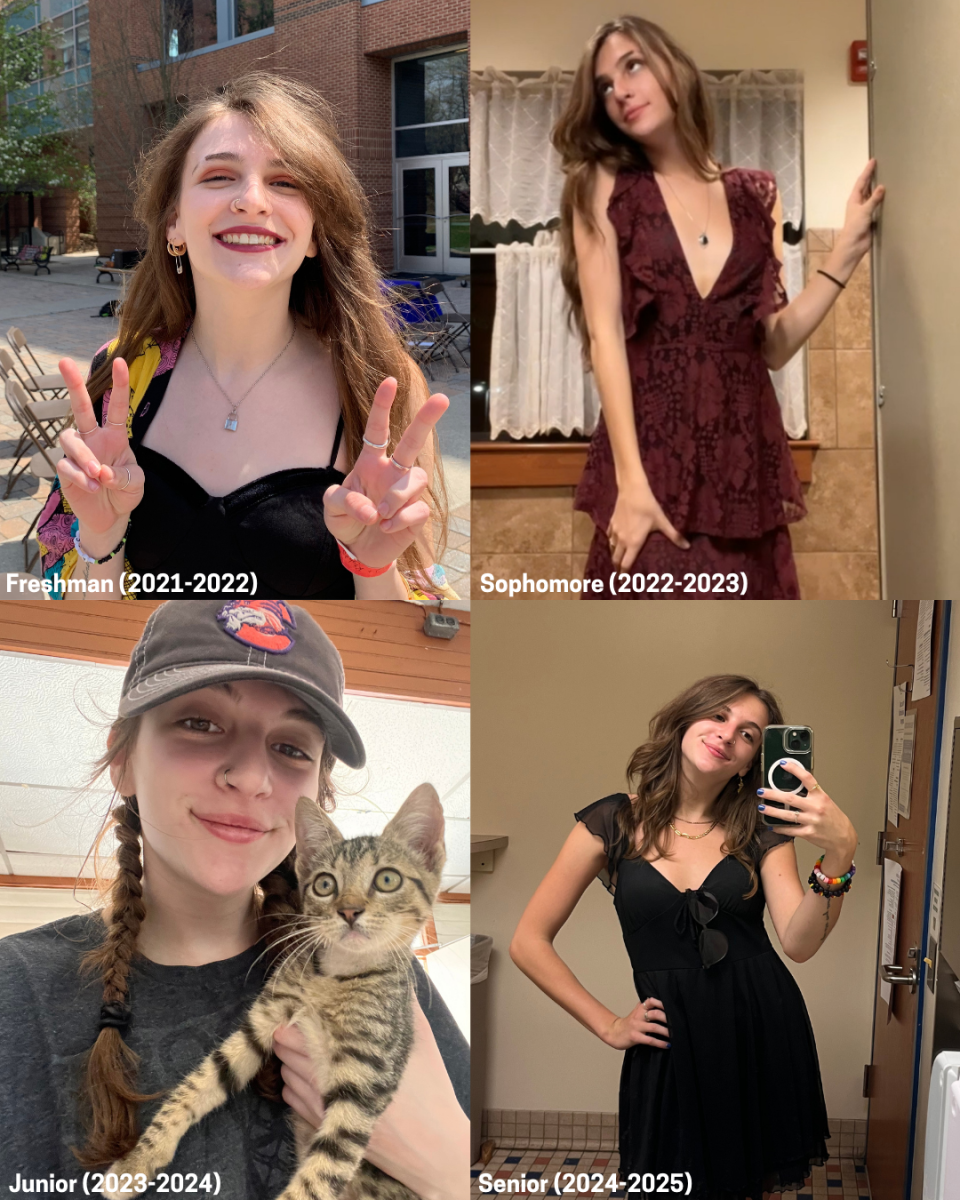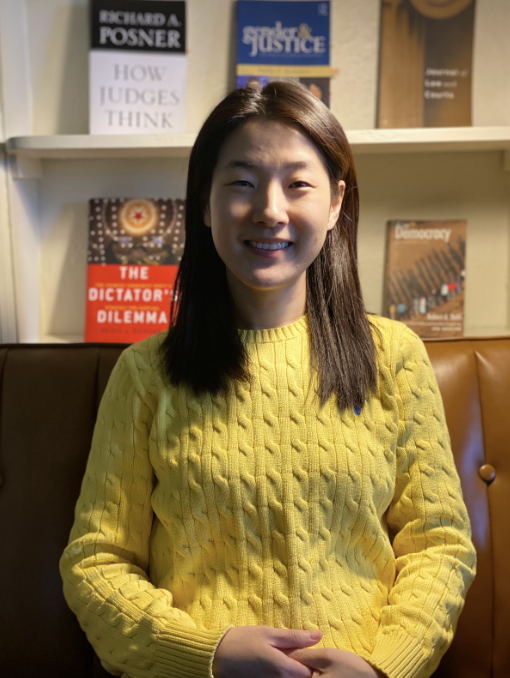Self: Self-knowledge and knowing the limits of what you know
“I don’t know.” And that’s an important insight. It’s okay. It’s not necessary to know everything or to pretend to know everything. It is more important to take the time to understand and to learn. People don’t want to be wrong, so it’s tempting to act as if you know something even when you don’t. It’s better to ask questions than to get too concerned about embarrassment or social awkwardness. You can make progress in your thinking and understanding by being aware of what you do not know and then working towards a better understanding by asking questions. While social media moves fast and oversaturates us with “information,” critical thinking is a slow process that can be broad, complex, and open-ended. Most of life is a thought process. Don’t be seduced by speedy conclusions. Plato, Apology.
Others: The problem with human nature claims
Stop and think about your own mindset (felt, expressed, or lived). Political thinking tends to start in a very personal mindset. Generalizations about other people are usually more personal or self-centered than factual. James Baldwin in The Fire Next Time writes: “It is rare indeed that people give. Most people guard and keep; they suppose that it is they themselves and what they identify with themselves that they are guarding and keeping, whereas what they are actually guarding and keeping is their system of reality and what they assume themselves to be.” It’s important to consider a particular environment, moment in history, relationships, culture, particular social media bubble, religion, morals and ethics, socioeconomic status, education, and country. It’s always easier not to question assumptions, but it’s necessary because some assumptions may be harmful to you and others. Having negative assumptions about other people, you may never have the chance to have an actual conversation and learn about others. Be willing to give something of yourself, to be open with others. Be kind.
Political
Where are you running to? Slow down. Fact-check your information. Know your sources. Read. Read carefully. Think. Go back and read again. Be patient with your thought process and don’t jump to conclusions. Critical thinking isn’t fast. Get comfortable with a slower process and don’t let your thinking be confined by this very moment of the political present as it is presented to us in the media. If you are cynical about reading the news, that’s not surprising, as readers are constantly confronted with biases that tend to lean one way or the other, making it difficult to know whether you can trust a source. Take advantage of academic resources that surround you: ask faculty questions about their areas of research (in class and in student hours), make use of your library and database privilege, and commit to a real book once in a while. If you are cynical about political power (Machiavelli, The Prince), focus on making change in your community (Timothy Snyder, On Tyranny). Be more alert to political language. If you are not cynical about politics, take heart that our political culture is based on a theory that relies on trust in representing the best interests of the people. John Locke, The Second Treatise of Government.
Historical aspect of political thinking
Past ideas can speak to us today. Reading old texts is hard, but working on them together opens up meaning. Diversity of political thought is not just a matter of present differences or party affiliation. A wide range of political thinking across millennia can help you get critical distance and perspective on the current moment. For example, the social contract as proposed by John Locke (forming a group through unanimous consent, deciding on a form of government by majority vote) helped us understand that having a voice is itself a privilege that not everyone in the world has. Taking that voice seriously could inspire us to work together with others with whom we disagree. Reality check: not everyone in the world has a political voice. Machiavelli taught us (rulers) not to accept unsolicited advice. Treat historical accounts as lessons and motivations for better action in the future. Don’t dismiss the study of history. History gives us a larger and richer understanding of the world. History can help us not make certain mistakes again. Repeating mistakes is learning the hard way.
Community – example: make eye contact and small talk
Put down the phone, look up, and see the people around you. Put yourself in new spaces and speak with new people about new topics. Meeting other people takes time. Everyone is new on this campus at some point. If being silent is your comfort zone, try to be open about talking to other people. Start with easier questions such as How are you? What courses are you taking? What are you doing outside of your courses? Slowly build up your confidence as you become more comfortable with practice. Talk to people about everyday stuff before class. This will make it easier to participate in class and to gain a relationship to the material. Be friendly with other students, use their names, and keep their interests in mind. Extend the love you may feel in your personal circles beyond narrow limits. For starters, just say hi


